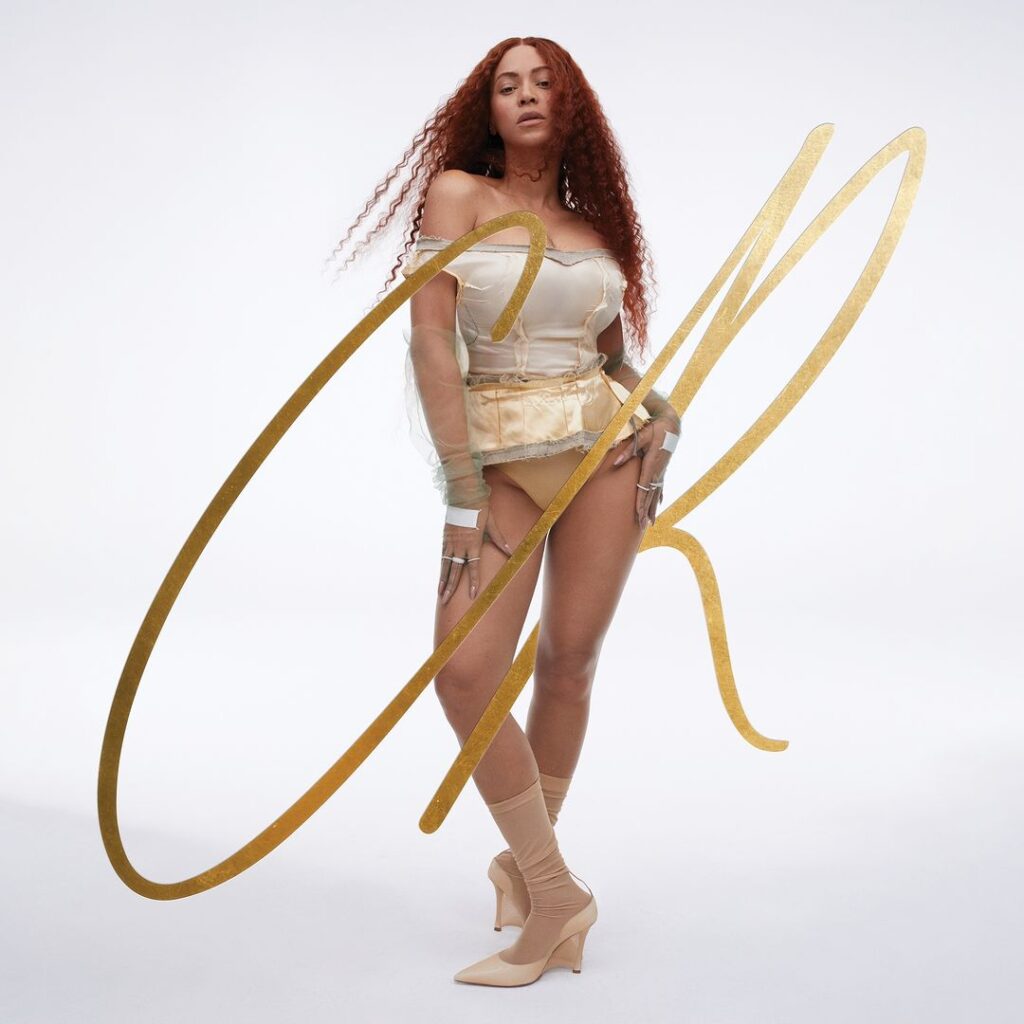Hold onto your Stetsons, Beyhive! Beyoncé’s new album, “Cowboy Carter,” isn’t a genre jump; it’s a revelation. This isn’t a foray into country music; it’s a homecoming
.


Queen Bey’s Southern Roots Run Deep
For those who haven’t noticed, Beyoncé’s music has always been steeped in the rich tapestry of Southern culture. From powerful ballads to electrifying dance tracks, her stories resonate with the experiences of her people and her birthplace, Houston.
“Cowboy Carter”: A Celebration of Black Southern Identity
While the twangy “Texas Hold ‘Em” and “16 Carriages” might have surprised fans, “Cowboy Carter” feels like a natural progression. Yes, the sound might be different, but it’s a deeper exploration of her heritage.
More Than Just a “Country Album”
Despite the album’s genre leanings, Beyoncé is clear: this is a “Beyoncé” album. However, its placement in the country music sphere is deliberate. She became the first Black woman to top the Hot Country Songs chart, and “Cowboy Carter” pushes the boundaries further.
A Legacy of Black Excellence in Country Music
“Cowboy Carter” sheds light on the often-overlooked contributions of Black artists to country music. Black cowboys were a significant part of the American West, yet their stories were largely erased from history. Beyoncé aims to rectify that.
Challenging the System: Race and Genre
Beyoncé’s social media comments hint at a desire to dismantle the racial barriers imposed on music genres. Her experience with “Daddy Lessons” at the Country Music Awards highlights the industry’s gatekeeping. “Cowboy Carter” is a challenge to these systems.


Reclaiming the Narrative: A History Filled with Gaps
The music industry’s history is riddled with racial bias. Genre classifications often ignored Black contributions. By promoting Rhiannon Giddens on banjo in “Texas Hold ‘Em,” Beyoncé emphasizes the banjo’s African roots, reclaiming its rightful place in country music’s heritage.
Breaking Down Barriers: From Destiny’s Child to Creative Control
Beyoncé’s journey reflects the struggles Black artists face in a system built on “otherness.” From her early days with Destiny’s Child to her current creative autonomy, she’s carved her own path.
“Cowboy Carter” is more than an album; it’s a statement. It’s Beyoncé using her platform to celebrate her heritage, challenge racial divisions in music, and redefine what it means to be “country.”

